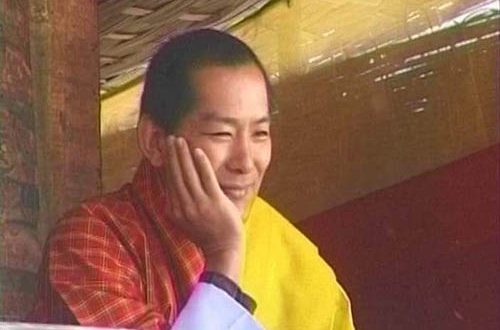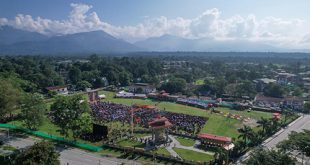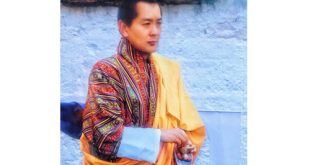Long before the world spoke about climate change or carbon neutrality, Bhutan quietly walked a path of balance between progress and nature, a path shaped by the deep foresight of His Majesty King Jigme Singye Wangchuck. His Majesty did not frame the environment as a matter of policy or political promise; for him, it was a way of life, a sacred responsibility inherited from generations of Bhutanese who revered the mountains and rivers as living beings.
When His Majesty ascended the Golden Throne in 1972, Bhutan was a country untouched by modern industry, but it stood at the edge of transformation. The global trend was to grow economies at any cost, yet His Majesty saw a different measure of progress.
“We are not concerned about Gross National Product; we care about Gross National Happiness,” he declared in 1979, a statement that would later define not only Bhutan’s development philosophy but also its environmental destiny. His Majesty understood that true happiness was possible only if people lived in harmony with their surroundings.
Under his reign, Bhutan’s environment was not treated as a backdrop to development but as its foundation. Forests were declared priceless national assets, and His Majesty decreed that they must never fall below 60 percent of the country’s land area. At a time when many nations were cutting forests to build cities, Bhutan was protecting its trees to secure clean air and pure water for future generations. His Majesty saw clearly that nature’s wealth was the Kingdom’s greatest inheritance.
His policies were not just protective but visionary. Bhutan’s dependence on imported fossil fuels could have easily grown with modernization, but His Majesty’s push for hydropower turned the nation’s fast-flowing rivers into a source of clean energy. The Chukha and Basochu projects were not just engineering achievements, they were steps toward making Bhutan one of the few countries whose development created no harm to the environment. As Bhutan exported hydropower to India, it also exported clean energy to replace carbon-based electricity, quietly helping reduce emissions beyond its borders.
Every Five-Year Plan under His Majesty’s guidance carried the same message: development must be mindful and sustainable, and growth must never outpace the ability of nature to heal. This balance was deeply rooted in Bhutan’s spiritual traditions, but it was the Fourth Druk Gyalpo who transformed those values into national policy. He insisted that any project, whether a road, dam, or factory, must respect the fragile mountain ecosystem. Such policies were revolutionary at a time when “environmental impact” was not yet a global vocabulary.
The world took notice, even if Bhutan never sought attention. His Majesty’s leadership earned the nation several global honors, including the UNEP Champion of the Earth Award and the J. Paul Getty Conservation Leadership Award. Yet these recognitions only echoed what Bhutanese already knew, that their King’s love for the land was genuine and profound. In 2011, when His Majesty was honored in Japan’s Kyoto Earth Hall of Fame, it was not just a tribute to Bhutan but to a Monarch who had shown that small nations could lead the world in protecting the planet.
Today, Bhutan is a carbon-negative country, where its forests absorb more carbon dioxide than the country emits, and its rivers generate renewable energy that offsets pollution elsewhere. Every tree that shades a hillside, rivers that turn turbines, and every breath of clean air that fills the valleys are living reflections of His Majesty’s wisdom.
His Majesty King Jigme Singye Wangchuck never spoke of saving the world, he simply acted on the belief that to protect nature is to protect the soul of the nation. And because of that belief, Bhutan today breathes not just for itself, but for the planet.
 The Bhutanese Leading the way.
The Bhutanese Leading the way.




